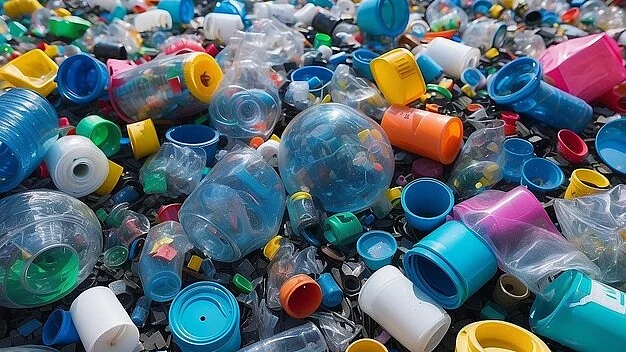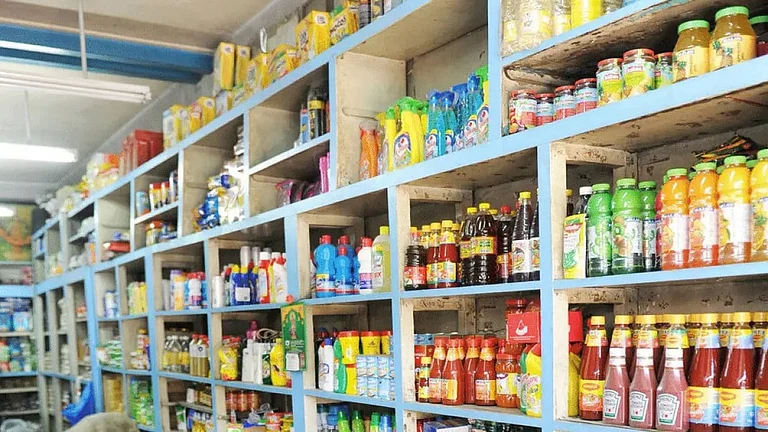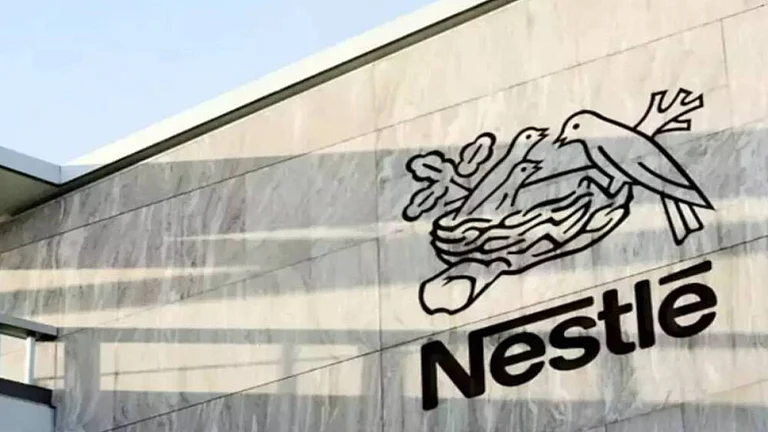Plastic pollution in India’s ecologically sensitive Himalayan region is escalating with every passing day as over 84.2% of plastic waste in the region is contributed by single-use packaging used by food and beverages produced by FMCGs, according to The Himalayan Cleanup (THC) 2024 Report.
The report also indicated that within food packaging, 71% of plastic waste was non-recyclable nor had any alternate market value, with only 18.5% of the total waste made up of recyclable plastics such as Polyethylene terephthalate (PET).
Major polluting brands include producers of instant noodles and energy drinks, like Wai Wai, Mimi and Mama, that emerged as top contributors for pollution. This was followed by Maggi on the second position and PepsiCo’s Sting energy drink ranked third among the most polluting brands. 20.3% of all beverage bottles were empty Sting bottles. This high number has been consistent for the last 3 years, especially for Sikkim and Darjeeling, stated the report.
Nepal and Bhutan also joined the initiative, which audited waste at over 450 sites across nine Indian states and union territories, with brand and plastic audits carried out at 151 of these locations, reported DownToEarth.
According to the report, Sikkim emerged as the most proactive state, with 53,814 pieces of waste collected from 86 sites. Of this, 46,908 pieces (87%) were plastic, and 79% of that plastic was non-recyclable. Additionally, around 92% of the plastic waste originated from food packaging, while 6.3% came from smoking and gutkha products.
Corporate Claims vs Reality
Several FMCG makers such as Dabur and Nestle India already claimed to achieve the tag of being plastic waste neutral companies in February 2022, reported Business Today.
While FMCG maker Procter & Gamble India in March 2022 declared to become a 'plastic waste neutral' company in FY 2021-22, after claiming to recycle 100% of post-consumer plastic packaging waste, reported PTI.
Due to the large volumes of waste in hilly regions such as Sikkim, Darjeeling and Ladakh, the report highlights that corporate claims about recycling are largely misleading, as most plastic waste collected is non-recyclable.
Greenwashing in the food industry occurs when companies market their products as sustainable despite not meeting genuine sustainability standards.
The report recommends implementing a ban on multi-layered plastics, accountability for food and beverage brands and prohibition of junk food and energy drink sales near schools. It also recommends front-of-package labelling, a shift from recycling to waste-free design and dedicated waste management resources for rural and mountain bodies to address the Himalayan plastic crisis.
According to a ScienceDirect study published in December 2024, greenwashing in the food industry occurs when companies market their products as sustainable without meeting real sustainability standards.
Eliminating such practices is essential as it misleads consumers, undermines sustainability efforts and poses a barrier to long-term environmental progress — often causing greater economic harm than the benefits it promotes.

































